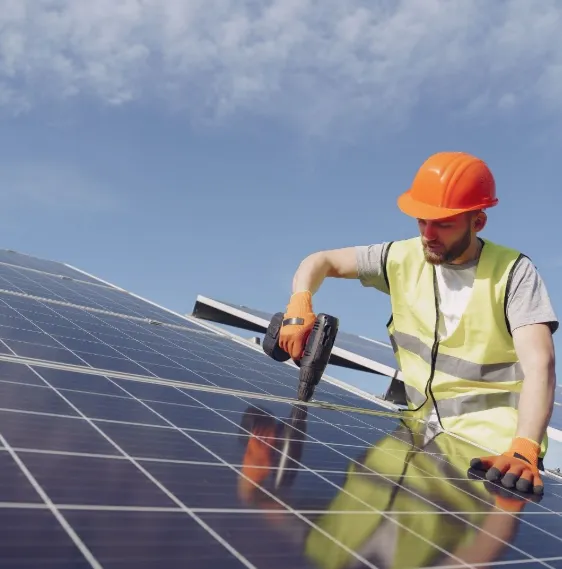With year-round sunshine and rising electricity costs, it’s no wonder many Floridians are turning to solar energy. Panels can reduce utility bills, increase home value, and cut down on carbon emissions. But before you make the investment, there are several key factors to weigh—especially when it comes to your roof, your insurance, and your energy needs.
Start With Your Roof
Since solar panels typically last 25 years or more, your roof must be in good shape to support them long term. Insurers set strict requirements for solar coverage:
- Shingle and metal roofs should be less than 10 years old.
- Flat roofs must be less than 5 years old.
- Tile roofs are not eligible under many insurance guidelines.
- Panels must be installed by a licensed contractor, with proper permits and inspections.
Because panels are only as reliable as the roof beneath them, making sure your home’s structure is solid is the first step.
Work With Licensed Professionals
Hiring a qualified solar contractor isn’t just a safety precaution—it’s often a requirement for coverage. Certified installers follow building codes, use approved equipment, and help prevent problems like fire hazards or leaks. Cutting corners here can cost far more in the long run.
Know How Solar Works
Solar photovoltaic panels capture sunlight and convert it into electricity. While efficient, they only generate power during the day. At night or on cloudy days, you’ll need backup options:
- Drawing power from the utility grid.
- Storing excess energy in a home battery.
- Combining both for maximum flexibility.
Your choice will depend on your household’s energy demands and budget.
Update Your Insurance Coverage
Once installed, your solar system becomes part of your home’s value—and your policy must reflect that. Coverage should account for both the panels and installation costs. Insurers also require that the home itself be insured at full replacement value.
Most policies only cover residential-sized systems, typically Tier 1 (up to 10 kW) or Tier 2 (11–100 kW). Oversized systems meant to sell power commercially won’t qualify under standard guidelines.
Explore Your Options for Going Solar
Florida homeowners can take different paths to solar energy:
- Purchase or lease panels: Many installation companies handle design, permitting, and financing options to fit your goals.
- Net metering: Send unused electricity back to the grid for bill credits, lowering your costs at night.
- Battery storage: Capture daytime energy and use it after sunset or during outages.
- Subscription programs: If rooftop panels aren’t practical, utilities like FPL, Duke Energy, TECO, and OUC offer community solar programs that let you support clean energy without installing equipment.
Final Thoughts
Switching to solar can be one of the smartest investments for Florida homeowners—but only if you approach it with the right preparation. Check your roof’s condition, hire licensed professionals, update your insurance policy, and explore utility options that match your lifestyle. Done correctly, solar panels don’t just lower bills—they future-proof your home.










